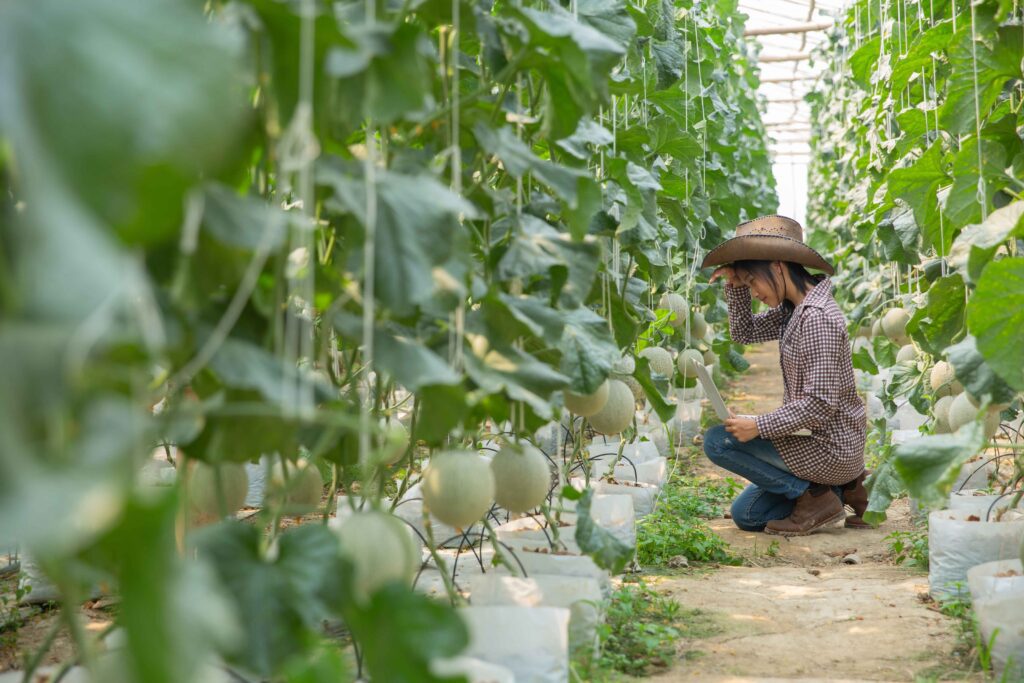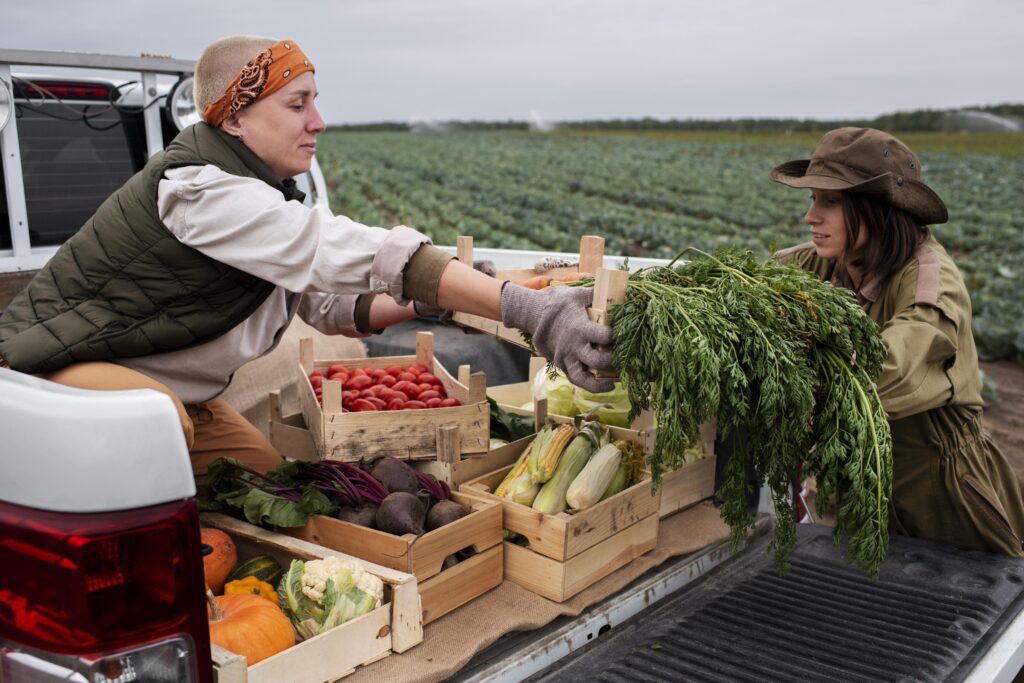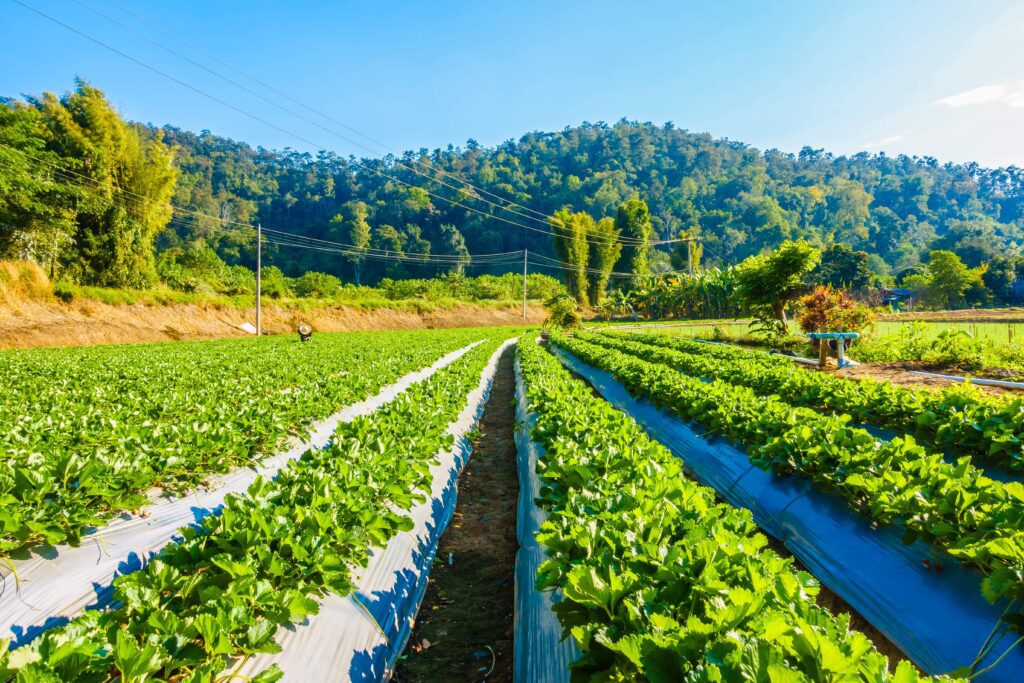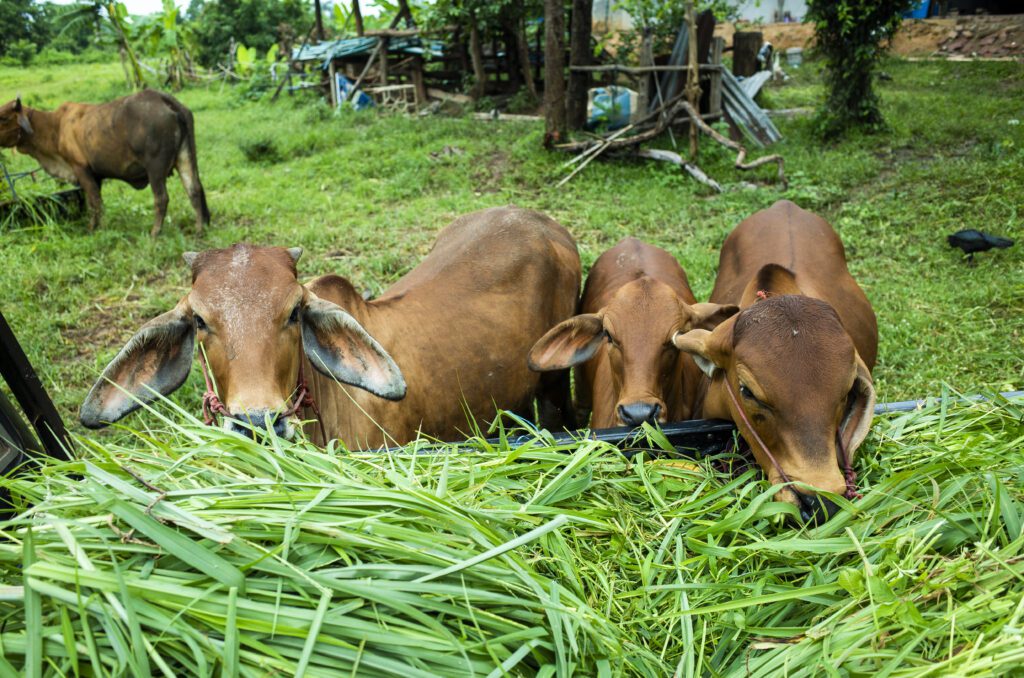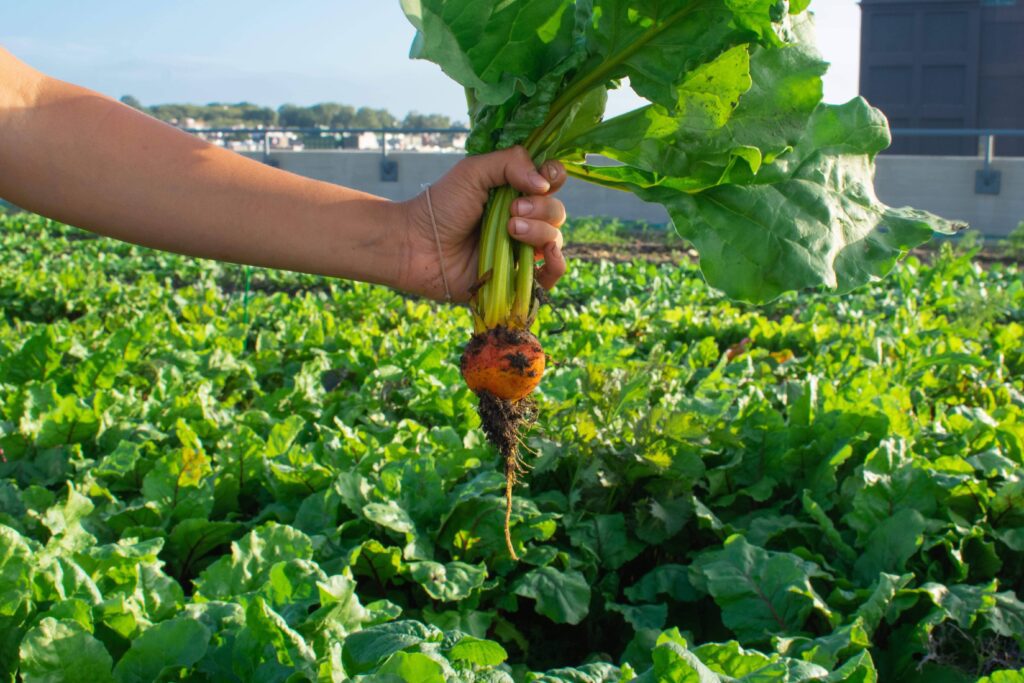
What is Agriculture?
At its center, agriculture involves growing plants and raising animals. This process starts with readying the land for planting. It will grow grains, fruits, and greens. Farmers use diverse techniques. These include plowing, seeding, and irrigation. They use them to ensure that vegetation grows well. Livestock farming entails raising animals like cows, pigs, and chickens. They are raised for meat, milk, eggs, and other goods.
Types of Agriculture
- Farming can take many paperwork. It depends on things like weather, soil, and available resources. Here are some not unusual types of agriculture:
- Farmers practice Subsistence Agriculture to meet their own and their relatives’ needs. Subsistence farmers grow plants and raise animals for food and survival. They have little to no extra to sell.
- Commercial agriculture focuses on producing plants and livestock for sale in markets. Farmers often use today’s tech and big-scale methods. They do this to maximize yields and income.
- Organic Agriculture: Organic farming emphasizes sustainable practices. It prohibits using artificial pesticides, fertilizers, and genetically modified organisms (GMOs). Organic farmers rely on herbal techniques. They use them to nurture plants and farm animals. They also use them to maintain soil health and biodiversity.
- Mixed Farming: In mixed farms, farmers grow many types of plants. They also raise a few types of farm animals on the same land. This approach helps to diversify earnings assets. It also enhances soil fertility through crop rotation and animal manure.
- Urban Agriculture: It includes growing plants and raising animals in cities. It includes practices like rooftop gardens, network gardens, and aquaponics systems. They let city dwellers access fresh, locally grown food.

10 importance of agriculture
1. Provides Food:This is the maximum basic and essential importance of agriculture. It gives us with all of the culmination, veggies, grains, legumes, nuts, and seeds that we eat.
2. Provides Raw Materials:
Farming gives us raw materials for many industries. These include textiles, like cotton and hemp. Also, there are apparel, like wool and leather. Then, there is furniture, like wood. There is also timber for construction, and corn and sugarcane for biofuels. Finally, there are drugs.
Three. Supports Livelihoods:
Farming is a major source of jobs worldwide. It offers work for farmers, food processors, vendors, and shops.
4. Economic development relies on a strong farm sector. This is especially true in poor countries. It can make profits for rural communities. It can sell exports and help food security.
5. Sustainable farming helps to improve soil. It also preserves water, reduces pollution, and fights climate change.
6. Agriculture can help keep biodiversity. It does this by providing habitats for pollinators and other wildlife.
7. A strong farm sector is essential for food security. This means getting access to enough safe, nutritious food for all.
Eight. Cultural Heritage: Agriculture is a part of our cultural historical past and traditions. It has formed our societies and landscapes for centuries.
Nine. Scientific Advancement: Agriculture is a subject of constant medical advancement. New tech and strategies are being improved all the time. They boost yields, cut waste, and make farming sustainable.
10. Agriculture is a resource for innovation. It leads to new products and tech. These may benefit society as a whole. For example, bioplastics are a type of plastic made from renewable sources. They are made from corn starch. They could help us rely less on fossil fuels.
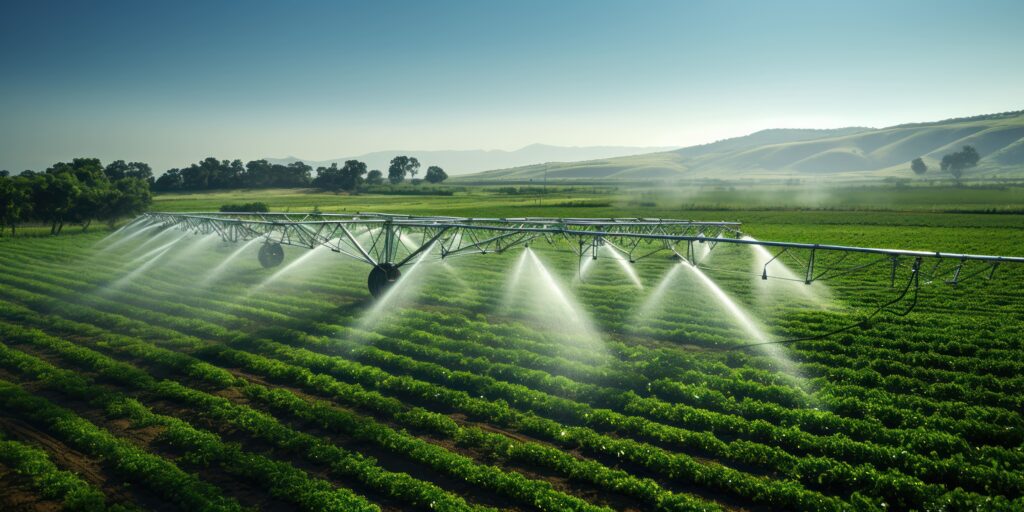
The Importance of Agriculture
- Agriculture provides most of the sector’s food. It ensures that humans have access to nutritious food. This food sustains their fitness and well-being.
- Agriculture is a big part of the economy. This is especially true in rural areas. It creates jobs. It makes money for farmers and agricultural companies. It also helps related industries, like food processing and distribution.
- Environmental Stewardship: Sustainable agriculture practices promote soil conservation, water performance, and biodiversity conservation. They help to guard natural resources and fight climate change.
- Rural Livelihoods: Many rural groups rely on agriculture for his or her livelihoods. Agriculture helps small farmers and rural economies. It reduces poverty and raises living standards in rural areas.
- Cultural Heritage: Agriculture is deeply intertwined with way of life and subculture in many societies. It shapes culinary traditions, gala’s, and rituals, keeping cultural history for future generations.
2. Challenges Facing Agriculture
- Despite its significance, agriculture faces various challenges, such as:
- Climate change brings rising temperatures and unpredictable weather. It also brings severe events. These changes pose big challenges to farming. They affect crop yields and livestock productivity.
- Intensive farming can make soil bad, water scarce, and resources run out. This threatens the long-term sustainability of meals.
- Food Insecurity: Millions of people lack access to a good and nutritious diet. They are spread around the world. Dealing with issues like poverty, inequality, and food distribution is critical. They are key to achieving meal security for all.
- Pesticide overuse is a giant problem. It could harm human health, wildlife, and the environment. The overuse of chemical pesticides and fertilizers could be destructive. Finding options is crucial. Selling integrated pest control lowers reliance on harmful chemicals.
- Rural-Urban Migration: People leave rural areas for cities to find better opportunities. This causes rural depopulation. This can lead to labor shortages and declining farming productivity in rural areas.
Conclusion
Farming has many sides. It sustains life, economies, and cultures worldwide. We can make food more sustainable by understanding the basics of farming. We can do this by addressing its challenges. This will help future generations. You might be a farmer, consumer, policymaker, or advocate. We all have a role in shaping the future of farming.
10 importance of agriculture10 importance of agriculture10 importance of agriculture10 importance of agriculture10 importance of agriculture10 importance of agriculture10 importance of agriculture10 importance of agriculture10 importance of agriculture10 importance of agriculture10 importance of agriculture10 importance of agriculture10 importance of agriculture10 importance of agriculture



